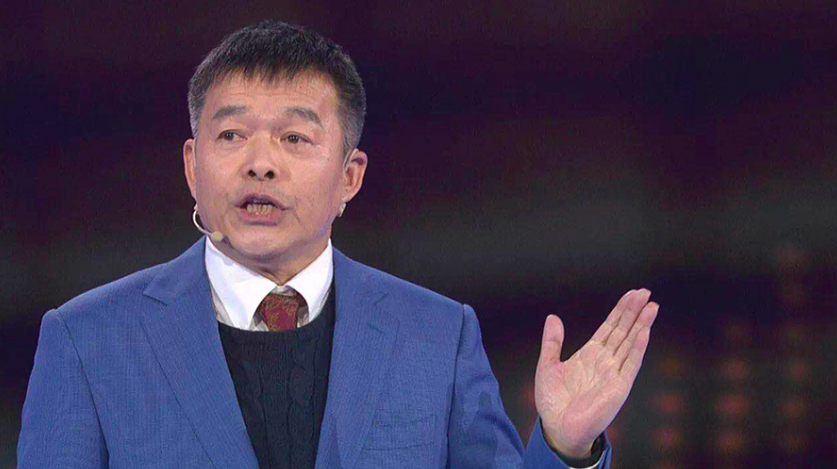Alumni of one of China’s top universities are so upset by a professor’s claims that they are calling for his firing.
What did the offending professor do? Boast about China’s prowess.
On Aug. 1, a letter signed by 27 Tsinghua University alumni began circulating on the internet, where they urged the university president to fire the dean of Tsinghua’s Institute of Contemporary China Study, Hu Angang.
The alumni claimed in the letter that Hu had been irresponsible in his academic research claims. Chief among their concerns was a report Hu authored in June 2017 that concluded China’s comprehensive power has already exceeded the United States’.
“This is misleading to national policy-making and confusing to ordinary citizens. It attracts countless other countries’ wariness and incites fear in our neighbors,” the letter read.

By the afternoon of Aug. 2, more Tsinghua alumni had added their names to the letter, totaling close to 1,000.
The alumni’s sentiment reflects a concern among the Chinese public: such hubris is revealing and alerts the United States to China’s ambitions.
Cracks in the Research
According to Hu’s analysis, China’s economic prowess had exceeded that of the United States in 2013, while China’s innovations in science and technology overtook the United States’ in 2015.
He also reasoned that given that a country’s military power is contingent on the size of its military force and military budget, China reigns in both and can be considered the world’s most powerful.
Independent think tanks outside of China think otherwise. The Australia-based Lowy Institute published an Asian Power Index this year ranking the region’s most important players. The United States ranked first in overall power, followed by China.
According to Lowy Institute’s analysis, though China’s GDP (Gross Domestic Product) is bigger than the United States’—about $21.8 trillion compared to $18.6 trillion—because the latter has more international leverage and is more advanced in technology, its “economic resources” source was far greater than China’s: 100 compared to 64.
Meanwhile, in military capabilities, Lowy ranked the United States first due to its higher annual defense spending ($641 billion compared to China’s $215 billion); higher stock of weapons; and greater number of “signature capabilities” such as intelligence, cyber, and nuclear capabilities.
In the letter, the alumni criticized Hu’s faulty research as a waste of taxpayer dollars that was “ruining their alma mater’s reputation.”
Netizens seemed to agree. “If you put the Global Times’ lying and Tsinghua’s Hu together, who will win?” one netizen commented, referring to the hawkish state-run newspaper known for its aggressively nationalistic tone.
Trade War Implications?
Some netizens wondered if overtly nationalist views such as Hu’s were what prompted the United States to become vigilant about China’s national strategies in the first place, leading to the recent trade war.
In imposing punitive tariffs on Chinese goods, the U.S. administration had pointed to China’s “Made in China 2025” economic policy—a sweeping plan for China to supplant global competitors in 10 key tech sectors—as evidence of state-directed foreign investments in service of China’s national interests.
Beijing has since ordered its state media to tone down mentions of “Made in China 2025,” with some diplomat sources telling Reuters that senior officials believe it was a mistake for the government to have pushed the plan so forcefully and publicly because it has increased pressure on China.
Some observers believe the letter is actually directed at the Party leadership.
In a report by Hong Kong newspaper Apple Daily, Beijing independent journalist Gao Yu said, “every one of these letters are addressed to the central authorities, because their authority rules over everything.”
Fear of Telling the Truth
This Tsinghua professor’s folly may also be a symptom of a greater problem: research institutes and think tanks in China are not truly independent and mainly serve to please the leadership. Most think tanks are either affiliated or directly supervised by central or local authorities.
Those that do dare to offer criticisms of the Chinese leadership are often punished.
In mid-July, staff at the liberal-minded think tank Unirule Institute of Economics were shut out of their offices in an apparent attempt by the Chinese authorities to silence them.
Unirule had earlier published a report about state-owned companies, concluding that despite financial support from the central government, many continue to operate at a loss.
At one point, the think tank also lost its operating license after a staff member published an article pushing for privatization of state-owned firms.


